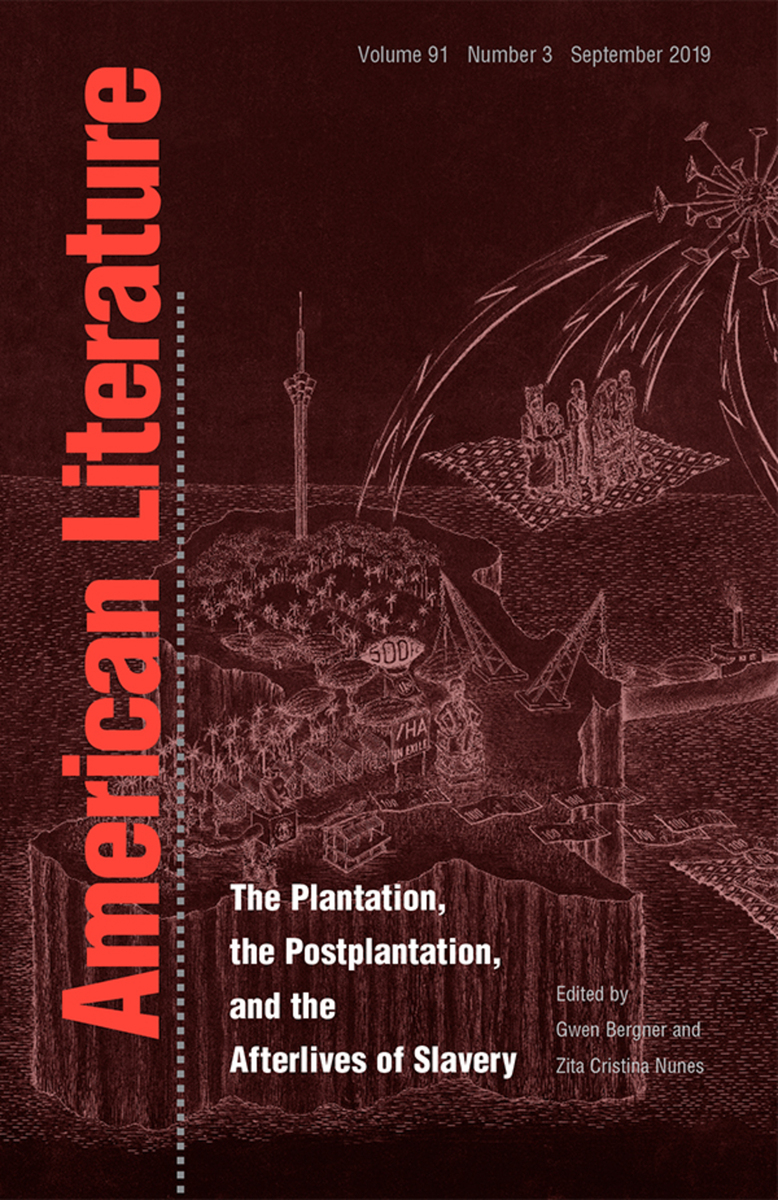The Plantation, the Postplantation, and the Afterlives of Slavery
Duke University Press
Paper: 978-1-4780-0518-6
See other books on: Afterlives | Bergner, Gwen | Nunes, Zita | Plantation | Slavery
See other titles from Duke University Press
Paper: 978-1-4780-0518-6
ABOUT THIS BOOK | AUTHOR BIOGRAPHY
ABOUT THIS BOOK
This special issue interrogates the plantation as a form, logic, and technology that continues to produce inequalities. Attending to the Caribbean, Latin America, and the United States, contributors follow the evolution of plantation slavery in the eighteenth and nineteenth centuries through its subsequent iterations in the Jim Crow and civil rights eras, and into the neoliberal present, where the carceral state props up fantasies of postracialism. The contributors rethink the necro- and biopolitics of plantation slavery, uncovering laborers' strategies of self-determination, affiliation, and communication in spite of the plantation's mechanisms of control.
Essay topics include the circulation of a weekly newspaper published by black tenant farmers in the 1920s, a nineteenth-century trial of an enslaved woman, and the fetish-making of Haitian revolutionary François Makandal. Reconsidering the time and space of the plantation, contributors analyze Western processes of racialization and uncover the experience and agency of the oppressed. This search for modes of being within the plantation structure offers one way to rewrite histories of slavery.
Contributors. Monique Allewaert, Gwen Bergner, Benjamin Child, Jeannine Marie DeLombard, Julius B. Fleming Jr., Jarvis C. McInnis, Zita Nunes, Roberta Wolfson
Essay topics include the circulation of a weekly newspaper published by black tenant farmers in the 1920s, a nineteenth-century trial of an enslaved woman, and the fetish-making of Haitian revolutionary François Makandal. Reconsidering the time and space of the plantation, contributors analyze Western processes of racialization and uncover the experience and agency of the oppressed. This search for modes of being within the plantation structure offers one way to rewrite histories of slavery.
Contributors. Monique Allewaert, Gwen Bergner, Benjamin Child, Jeannine Marie DeLombard, Julius B. Fleming Jr., Jarvis C. McInnis, Zita Nunes, Roberta Wolfson
See other books on: Afterlives | Bergner, Gwen | Nunes, Zita | Plantation | Slavery
See other titles from Duke University Press












